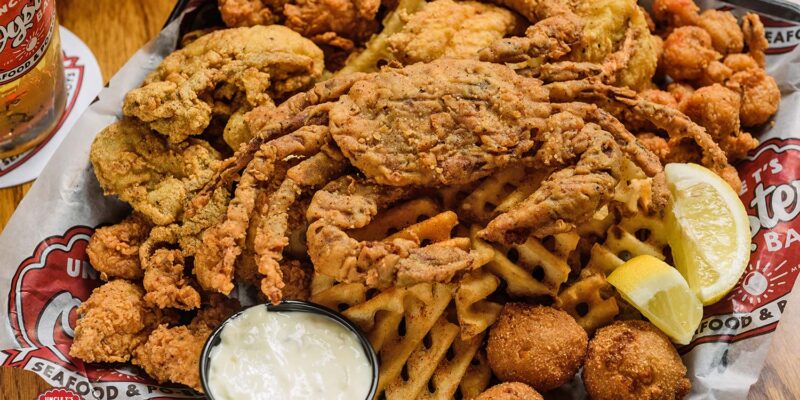The left-leaning traditional media is already hammering home the narrative that curbing federal government spending will be as catastrophic for America as Ramses’ stubbornness was for Mosaic Egypt. Don’t buy it. A case in Louisiana illustrates why.
Recently, the Acadiana Advocate ran a story lamenting the impact of reduced federal spending on farm subsidies. Specifically, it focused on projected cuts to U.S. Department of Agriculture programs that help food banks and schools buy food from small local farmers.
The article agonized a bit over the lost income this market distortion would cause farmers, but its primary alarm was over the supposed impact on free or subsidized food distribution. Those involved with food banks and similar organizations were depicted wringing their hands over the prospect of increased “food insecurity,” which allegedly affects a seventh of Louisianans.
But what does “food insecurity” actually mean? It’s a government-defined household-level economic and social condition of limited or uncertain access to adequate food. This designation largely stems from survey responses, which include concerns such as:
-
Worrying that food would run out before having money to buy more.
-
Food not lasting, with no money to purchase more.
-
Cutting meal sizes or skipping meals due to lack of money.
-
Eating less than they felt they should because of financial constraints.
-
Feeling hungry but not eating due to affordability issues.
Yet notice how subjective all of this is—it’s based on how individuals feel about their access to food. When examined more objectively, Louisiana’s food situation appears far less dire.
The most recent data shows that Louisiana households spend more on food than those in most other states, despite actual food prices in the state being among the lowest. One could argue that special conditions—such as a higher percentage of residents living in “food deserts” or rural areas—might drive up costs for some. However, comparing food insecurity rates across states with similar (and asimilar) spending patterns and food costs suggests that Louisiana’s issue is not unique.
Instead, the implication is that Louisianans spend more on food simply because they choose to eat more–as part of the culture. The state’s cuisine is hyped for tourism, but it comes with real-world consequences. Combined with a cultural preference for rich, calorie-dense foods, this contributes to Louisiana having some of the highest obesity rates in the nation.
In other words, a higher percentage of Louisianans may claim food insecurity based on perception rather than actual deprivation. This raises an important policy question: Does heavy federal subsidization—shifting money from taxpayers to farmers and food banks—exaggerate the problem, or even encourage unhealthy overconsumption?
Expect more media reports painting government spending cuts as apocalyptic, particularly as the Trump administration pushes this course correction, with some similar efforts at the state level. View any such claim with a critical eye and resist accepting blindly any such conventional and intellectually-lazy narrative.
Advertisement
Advertisement

